Nineveth Rose G. Fauni, PSYD, RPT
Clinical Psychologist, PSY29092 | Registered Play Therapist T4792
I am committed to the therapeutic process and envisions a place that fosters safety, regulation, and learning. I aim to address the stigmatized experience surrounding mental health, advocate for your psychological needs, and empower your innate capacity for informed and adaptive strategies when facing transitions and life stressors.
“No therapy is comfortable, because it involves dealing with pain. But there’s one comfortable thought: that two people sharing pain can bear it easier than one.”
~ Elvin Semrad
I work with children, adolescents, adults, and older adults needing help in managing challenges that impact how they navigate through life. Through psychotherapy, I aim to provide you with a safe space that would allow for a deeper understanding of the challenges you encounter and its impact on the areas of your work, school, and relationships. The safe space that we would work together to create will make way for collaborative reflections and discoveries through self observations, self attunement, and self awareness.
“Nevertheless, there may be satisfaction belonging to what is done in a moment of hope.”
~D.W. Winnicott
I had the opportunity to work with individuals who have experienced profound trauma, including domestic violence, physical, sexual, and emotional abuse, alcohol and substance use, and history within the foster care system. Each therapeutic encounter with these individuals provided me with a deeper level of experiencing the patient’s private world and internal frame of reference, manifesting in their major themes and concerns.

“Have patience with all things, but chiefly have patience with yourself. Do not lose courage in considering your own imperfections, but instantly set about remedying them - everyday begin the task anew.”
~ St. Francis De Sales
My clinical training began with providing long term individual and group psychotherapy with older adults (WISE & Health Aging, 2007-2008) experiencing end of life concerns, significant changes in health and physical capacity, dementia, trauma, grief and loss, homelessness, and alcohol and substance use. Working with older adults with their demonstrable concerns indicated the need for a clinical approach that utilizes a trauma-focused therapeutic process, reminiscent therapy, and interventions informed by theoretical frameworks from psychodynamic, dialectical behavioral therapy, family systems, and narrative therapy. My clinical experiences with older adults allowed a transition to working with individuals with chronic alcohol and other drug use (Tarzana Treatment Centers, 2011-2012) as it impacts familial and interpersonal relationships, homelessness, work and school endeavors, and strategies in response to significant and transient stressors. Specific to this population is the experience of trauma, parental alcohol and other drug use, homelessness, imprisonment, history within the foster care system, and relapse prevention and recovery. Indicated in these individuals' needs is the importance of working in a treatment environment that entails utilizing specific models of assessment (e.g., alcohol/substance severity index), interventions in a residential/rehabilitative setting (e.g., individual therapy, process and skills group therapy, crisis and case management), and community referrals for ongoing support groups for relapse prevention and ongoing recovery. The thematic similarities in the underlying core problems of older adults and individuals with alcohol and other drug use continued to be evident in my work with college -age students. My work in a university-based setting (California State Polytechnic University in Pomona, 2012-2013) evidenced themes of identity development, learning and development, familial and interpersonal relationships, grief and loss, and trauma. Working with young adults warranted the use of an interpersonal process approach in individual and group therapy, as well as in outreach and psychoeducational programs on topics of stress management, cross-cultural communication, cultural diversity, healthy relationships, and academic preparations.
In my psychological assessment training, I worked with children, adolescents, high-risks youths, and adults presenting with diverse symptoms needing diagnostic clarifications for Learning Disabilities, Attention-Deficit Hyperactivity Disorder, Autism Spectrum, Sensory Regulation Disorder, Fetal Alcohol Syndrome, Post-Traumatic Stress Disorder, Depression, and Anxiety (California Family Counseling Center, 2008-2009; Hillsides Family Center, 2010-2011; Stein Psychological Associates Inc, 2014). Psychological assessment utilizes a battery of standardized tests, which aims to capture an individuals’ cognitive, emotional, and characterological capacities as it manifest in everyday life, interpersonal, school, or work functioning. A comprehensive psychological assessment provides a dynamic view of an individual’s developmental and constitutional limitations that contribute to the challenges or difficulties experienced at school, work, or in interpersonal relationships. Diagnostic clarification gathered from the findings during the psychological assessment provides recommendations and treatment referrals that will benefit and support the individual. Providing this psychological service to a child, adolescent, and adult has enriched my treatment approach towards highlighting the psychological strengths already at play in an individual’s adaptation and way of navigating their current life circumstance.
To continue my specialization in child psychology, I completed a two-year postdoctoral fellowship, which included intensive training in working with children, adolescents, and parents (Reiss-Davis Child Study Center, 2014-2016). My fellowship included intensive academic study of child psychotherapy, utilizing conceptual frameworks from early attachment, brain development, and psychosocial influences. Concepts from the psychoanalytic and psychodynamic frameworks integrated the symbolic meaning of play with children. The academic and clinical training highlighted the importance of early attachment and childhood experiences on the brain and child’s development. I completed the training and certification in Child-Parent Psychotherapy (Reiss-Davis Child Study Center, 2018), which utilizes trauma-focused care in response to adverse childhood events and parent-work to enhance the attachment between parent and child. I completed training and certification as a Registered Play Therapist (Association for Play Therapy, 2020), utilizing concepts from Child Centered Play Therapy and highlighting the unique needs of children.


